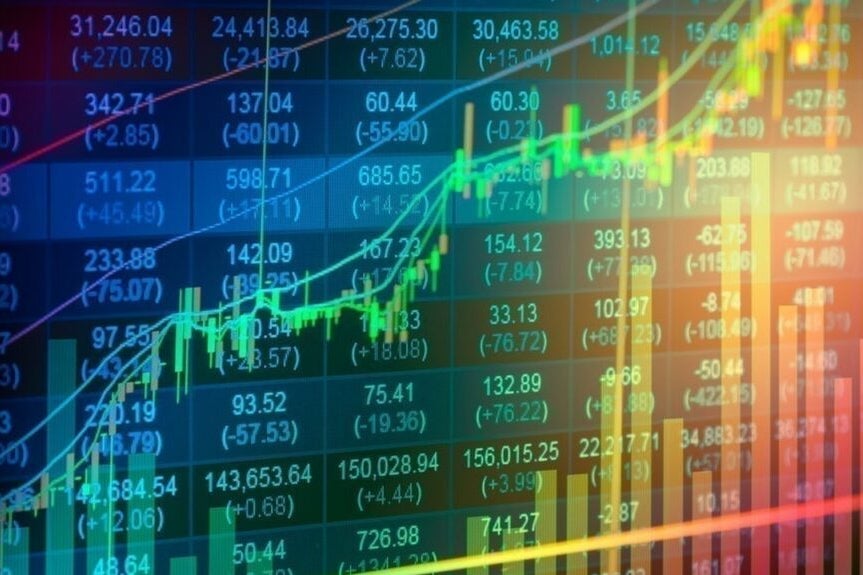- Biden's final UN speech seeks hope amid grim wars in the Middle East, Ukraine, Sudan
- 'Stop ripping us off': Novo Nordisk CEO faces Senate grilling over weight loss drug prices
- China launches probe into Calvin Klein parent over Xinjiang supply chain ‘disruptions’
- Commerzbank board member warns of significant job losses with a hostile UniCredit takeover
- Fed Governor Bowman explains dissent on rate vote, says she's worried about inflation
What do you believe is the single most important factor driving up the cost of living in Nigeria?

Trusting companies that say their plastic products are recyclable? Regulators may crack down on deceptive claims
Plastic is a fast-growing segment of U.S. municipal solid waste, and most of it ends up in the environment. Just 9% of plastic collected in municipal solid waste was recycled as of 2018, the most recent year for which national data is available. The rest was burned in waste-to-energy plants or buried in landfills.
Manufacturers assert that better recycling is the optimal way to reduce plastic pollution. But critics argue that the industry often exaggerates how readily items can actually be recycled. In September 2024, beverage company Keurig Dr. Pepper was fined US$1.5 million for inaccurately claiming that its K-Cup coffee pods were recyclable after two large recycling companies said they could not process the cups. California is suing ExxonMobil, accusing the company of falsely promoting plastic products as recyclable.
Environmental law scholar Patrick Parenteau explains why claims about recyclability have confused consumers, and how forthcoming guidelines from the U.S. Federal Trade Commission may address this problem.
Why do manufacturers need guidance on what 'recyclable' means?
Stating that a product is recyclable means that it can be collected, separated or otherwise recovered from the waste stream for reuse or in the manufacture of other products. But defining exactly what that means is difficult for several reasons:


- September 24, 2024
GIZ launches PAIREeD programme to make local public finances more efficient




- September 24, 2024
Nigeria unemployment rate hits 5.3% in Q1 2024 – NBS

- September 24, 2024
Al-Mashat, Abdelatty meet with World Bank MD at UNGA

- September 24, 2024
BREAKING: Airtel Nigeria eyes solar power as diesel spend hits N28bn


- September 24, 2024
Stakeholders in tourism urged to embrace innovations, modern technologies

- September 24, 2024
Examining patents to find impact of AI on specific jobs

- September 24, 2024
How to Calculate Forex Margin: A Comprehensive Guide for Traders
Subscribe to our mailing list to get the new updates!

Subscribe our newsletter to stay updated
Thank you for subscribing!


